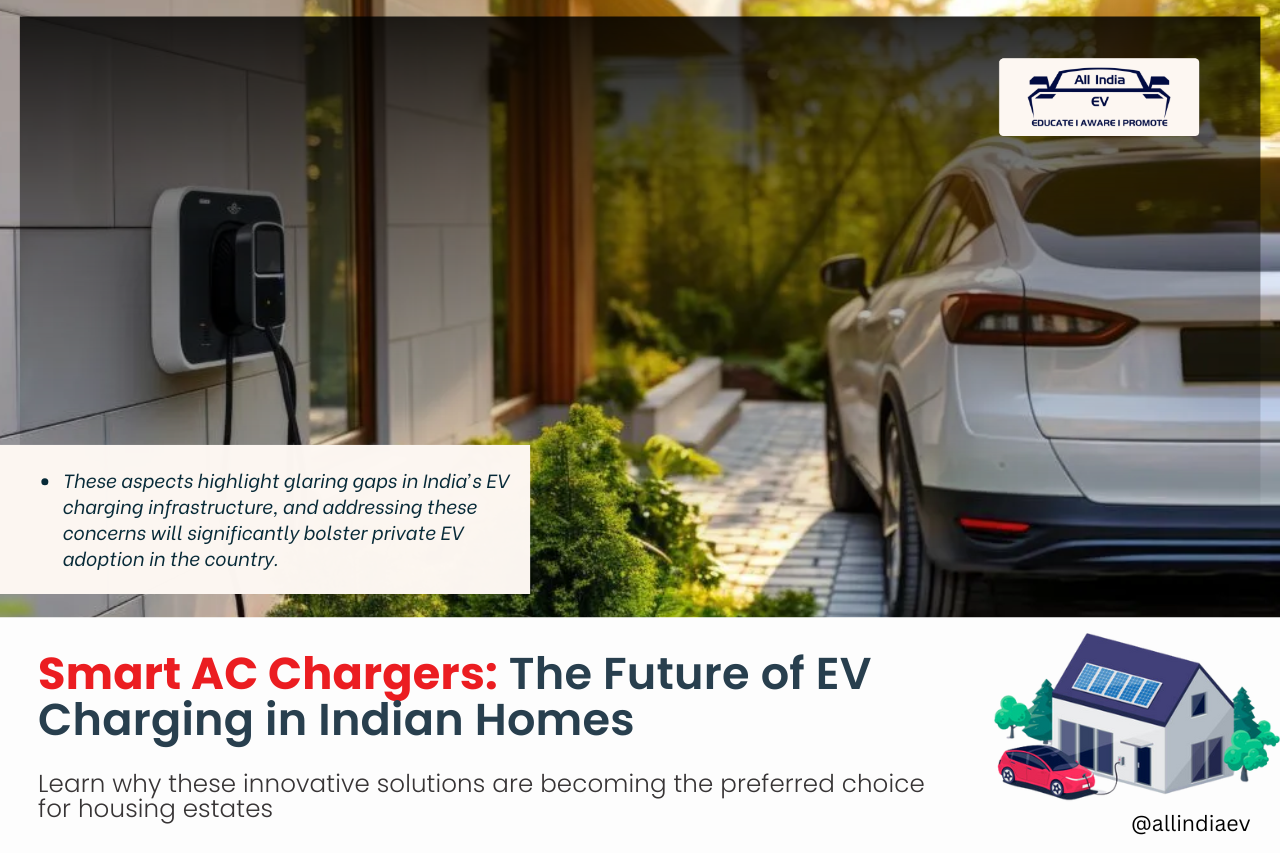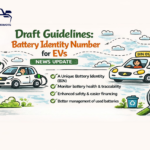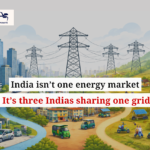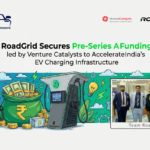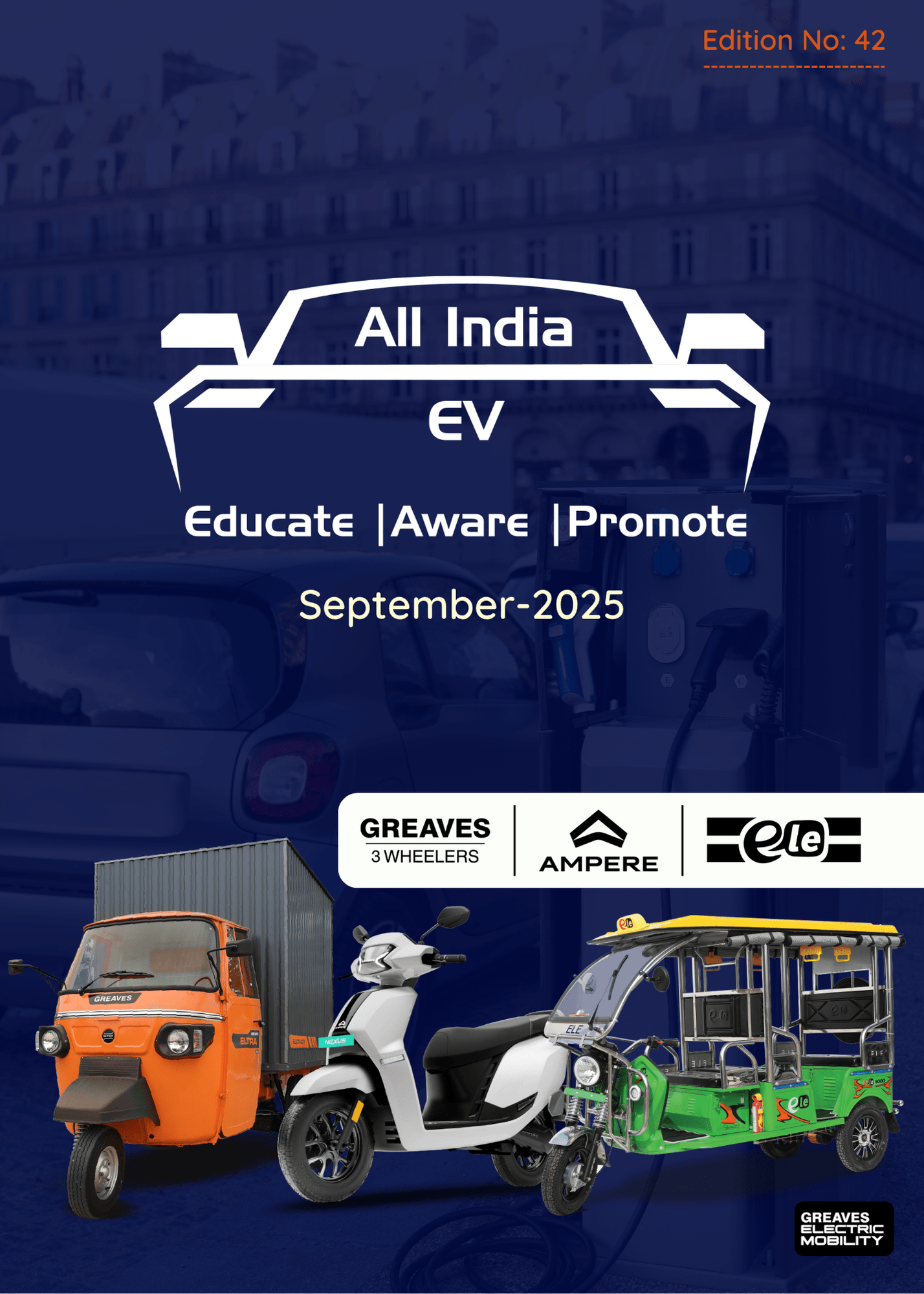
Residential Smart AC Chargers: A Critical Element for India’s Electric Mobility Vision
- Why EVSE Infrastructure is Crucial for EV Growth in India
- What Makes Smart AC Chargers Ideal for Housing Societies?
- India’s Growing EV Demand Calls for Residential Charging Readiness
- Planning Ahead: Why Builders Must Integrate Smart Chargers at Design Stage
- Conclusion: Residential Smart AC Chargers – A Catalyst for India’s EV Mission
As India accelerates toward its electric mobility goals, a new focus has emerged beyond just vehicle production — the critical need for robust EV charging infrastructure. One area showing promising advancement is the integration of Smart AC Chargers in residential housing estates, which experts say could play a pivotal role in mainstream EV adoption across urban India.
Why EVSE Infrastructure is Crucial for EV Growth in India
The shift from internal combustion engines (ICE) to electric vehicles (EVs) is as revolutionary as the invention of the steam engine in the 18th century. However, the progress of the EV ecosystem in India risks stalling without synchronized development of charging solutions, especially in residential communities where the majority of new EV users live.
With a large proportion of EV owners in Indian cities residing in gated societies or apartments that currently lack suitable EV charging infrastructure, smart AC chargers are emerging as the most viable solution.
What Makes Smart AC Chargers Ideal for Housing Societies?
EV chargers fall broadly into two types — AC and DC chargers. While DC chargers are fast and typically used in public or highway settings, AC chargers are more cost-effective, power-efficient, and easier to integrate into existing residential electrical systems.
But it’s not just affordability. Smart AC chargers bring intelligent load management, enhanced safety features, remote diagnostics, and seamless billing integration with building management systems. These features allow:
- Dynamic load balancing to prevent electrical phase imbalance.
- Remote monitoring and Over-The-Air (OTA) updates for better maintenance.
- Integrated payment and billing systems within residential utility frameworks.
- Offline charging capabilities, offering 24/7 accessibility for residents.
As a result, residents can enjoy a “plug-and-forget” EV charging experience, eliminating the hassle of installing standalone home chargers and removing dependence on public infrastructure.
India’s Growing EV Demand Calls for Residential Charging Readiness
India’s EV market is witnessing exponential growth. EV sales hit 2.2 million in 2024, marking a 27% jump over 2023. With projections estimating 25-30% annual growth, India could see over 3.9 million EVs on the road by 2030.
This massive growth necessitates an equally aggressive expansion in EV chargers — especially in residential areas.
“Residential complexes, housing between 10 to 200 families, are natural hubs for EV charging integration,” note industry insiders. Smart AC chargers installed in housing societies can decongest public charging stations and ensure residents have access to round-the-clock charging.
For EV owners, charging at home overnight is both convenient and economical. For builders and society managers, it offers a scalable solution that boosts property value and future-proofs infrastructure.
Planning Ahead: Why Builders Must Integrate Smart Chargers at Design Stage
Experts emphasize that early planning is critical. Installing smart AC chargers during the design phase of a residential project saves time, costs, and complexity:
- Space allocation in parking areas becomes streamlined.
- Wiring and conduit routing can be pre-planned, reducing rework.
- Builders can accurately assess power load requirements and adopt Dynamic Load Management (DLM) systems.
This approach allows more EV chargers to be supported without transformer upgrades, enabling scalable, future-ready charging setups in large housing projects.
Conclusion: Residential Smart AC Chargers – A Catalyst for India’s EV Mission
As India positions itself as a global leader in electric mobility, residential smart AC chargers are proving to be the missing piece in the EV puzzle. Their affordability, smart features, and seamless integration make them the preferred EVSE solution for India’s urban landscape.
With strategic investments and policy support, India’s housing estates could soon become the nucleus of EV transformation, supporting the country’s vision of sustainable, self-reliant, and electrified transportation.


